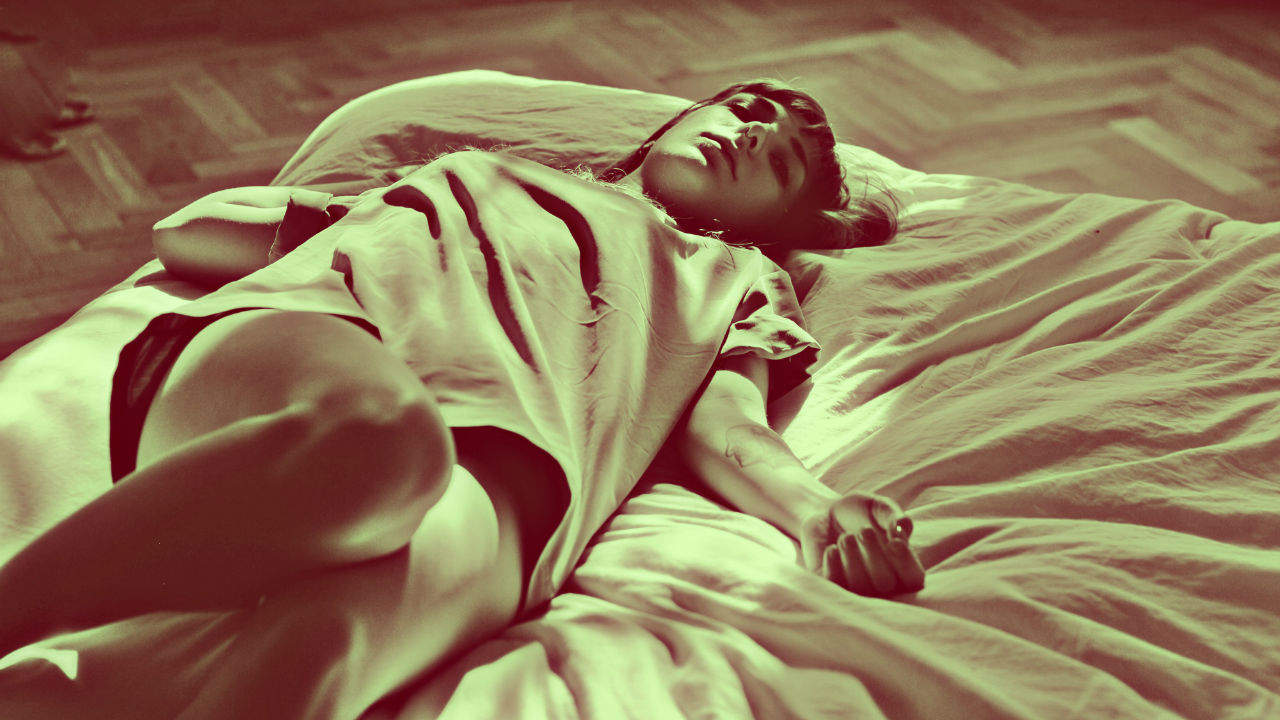 Photographee.eu/Fotolia
Photographee.eu/Fotolia
During the quiet hours of the night, a surprising number of people are not sleeping well, some of them aren't sleeping at all. There are a variety of sleep disorders that afflict people, and some folks are unfortunate enough to live with more than one disorder.
Here are a few of the more common sleep disorders:
1) Insomnia
Lots of people suffer from insomnia. They have a hard time falling asleep. Or they may find it difficult to stay asleep. Some people struggle with both. This lack of sleep is frustrating for those trying to get through the night. They are not refreshed when they give up on sleep either through the night, or in the morning.
A sleep study can glean helpful information. Treatments such as counseling, lifestyle changes and medication may be beneficial.
2) Sleep apnea
Sleep apnea interrupts sleep as the sufferer stops breathing and starts again. Breathing may be shallow manner, with long pauses between breaths. Snoring often ensues during a troubled night of broken sleep.
A continuous positive airway pressure, also called a CPAP, may make a significant difference in a more tranquil sleep.
3) Restless legs syndrome
Restless legs syndrome expresses itself in a strong urge to move the leg muscles. In fact, it's downright difficult to keep them still. Burning, tingling or prickling can accompany RLS. All this unpleasantness can make it hard to get to asleep and stay there.
Moderate exercise, regular sleep patterns and relaxation techniques may help. Medication may also make a difference.
4) Narcolepsy
Narcolepsy comes with a number of unpleasant symptoms. Cataplexy is a sudden absence of muscle tone brought on by intense emotions, or laughter. Hallucinations are frightening and disorienting.
Sleep paralysis — described more fully below — makes moving impossible at times, while going to sleep or awakening.
Narcolepsy may be regulated by medication. The help of a health care practitioner is important.
5) Night terror aka sleep terror disorder
About an hour and a half after going to sleep the person who has night terrors may be suddenly wakened from non-REM sleep into a state of panic, complete with screams, yelling and thrashing about. The sympathetic nervous system blooms into the fight-or-flight response.
Sufferers may not react to their actual surroundings, and may be disoriented and confused, and unable to speak coherently. They may throw things, or rush out of the room. No memory of any of these events may remain with them.
6) Sleepwalking
Sleepwalkers start moving about during non-REM sleep. They may seem like they must be awake, as they perform fairly involved activities. They may walk around the house, or go outside.
I know of one person who got a bowl out of the kitchen cupboard and put it on his head, then went outside for some air. Another sat in front of a TV that was turned off, looking for all the world like he was watching televison. But he was sound asleep.
Often, sleepwalkers will do their thing, and wander back to bed without ever waking, having no memory of the events.
7) Sleep Paralysis
The person who suffers from sleep paralysis is unable to move — sometimes for just a few seconds, and sometimes for several minutes — despite being awake. A feeling of pressure or choking may make this helplessness even worse.
Normally we are unconscious when our muscles are non-responsive, during REM sleep. Being awake before muscles begin to function again can leave a person feeling helpless and frightened.
8) Sleep talking aka somniloquy
People who talk in their sleep may just utter a few syllables, or they may carry on a conversation which may or may not make sense to the observer. Upon awakening, the sleep-talker will generally not remember the conversation.
About 50 percent of all children from 3 to 10 years of age and about 5 percent of all adults are prone to talking in their sleep. According to a 2004 poll, 1 out of every 10 children talks in their sleep several nights per week.
Visit Jody's website at http://www.ncubator.ca
Reviewed March 23, 2016
by Michele Blacksberg RN
Insomnia. NLM.NIH.gov. Retrieved March 21, 2016.
https://www.nlm.nih.gov/medlineplus/insomnia.html
Sleep Apnea Causes Lack of Sleep and Serious Health Risks. Empowher.com. Retrieved March 21, 2016.
https://www.empowher.com/sleep-apnea/content/sleep-apnea-causes-lack-sleep-and-serious-health-risks
Restless Legs Also called: RLS. NLM.NIH.gov. Retrieved March 21, 2016. https://www.nlm.nih.gov/medlineplus/restlesslegs.html
Narcolepsy: Possible Autoimmune Disorder with Genetic Abnormalities. Empowher.com. Retrieved March 21, 2016.
https://www.empowher.com/narcolepsy/content/narcolepsy-possible-autoimmune-disorder-genetic-abnormalities
Sleep Terrors. Emedicine.medscape.com. Retrieved March 21, 2016.
http://emedicine.medscape.com/article/914360-overview
Night Terrors and Parasomnias. Patient.info. Retrieved March 21, 2016.
http://patient.info/doctor/night-terrors-and-parasomnias
Sleepwalking. Emedicine.medscape.com. Retrieved March 21, 2016. http://emedicine.medscape.com/article/1188854-overview
Sleep Paralysis. WebMD.com. Retrieved March 21, 2016.
http://www.webmd.com/sleep-disorders/guide/sleep-paralysis?print=true
Talking in Your Sleep. WebMD.com. Retrieved March 21, 2016.
http://www.webmd.com/sleep-disorders/excessive-sleepiness-10/talking-in-your-sleep?print=true






Add a CommentComments
There are no comments yet. Be the first one and get the conversation started!